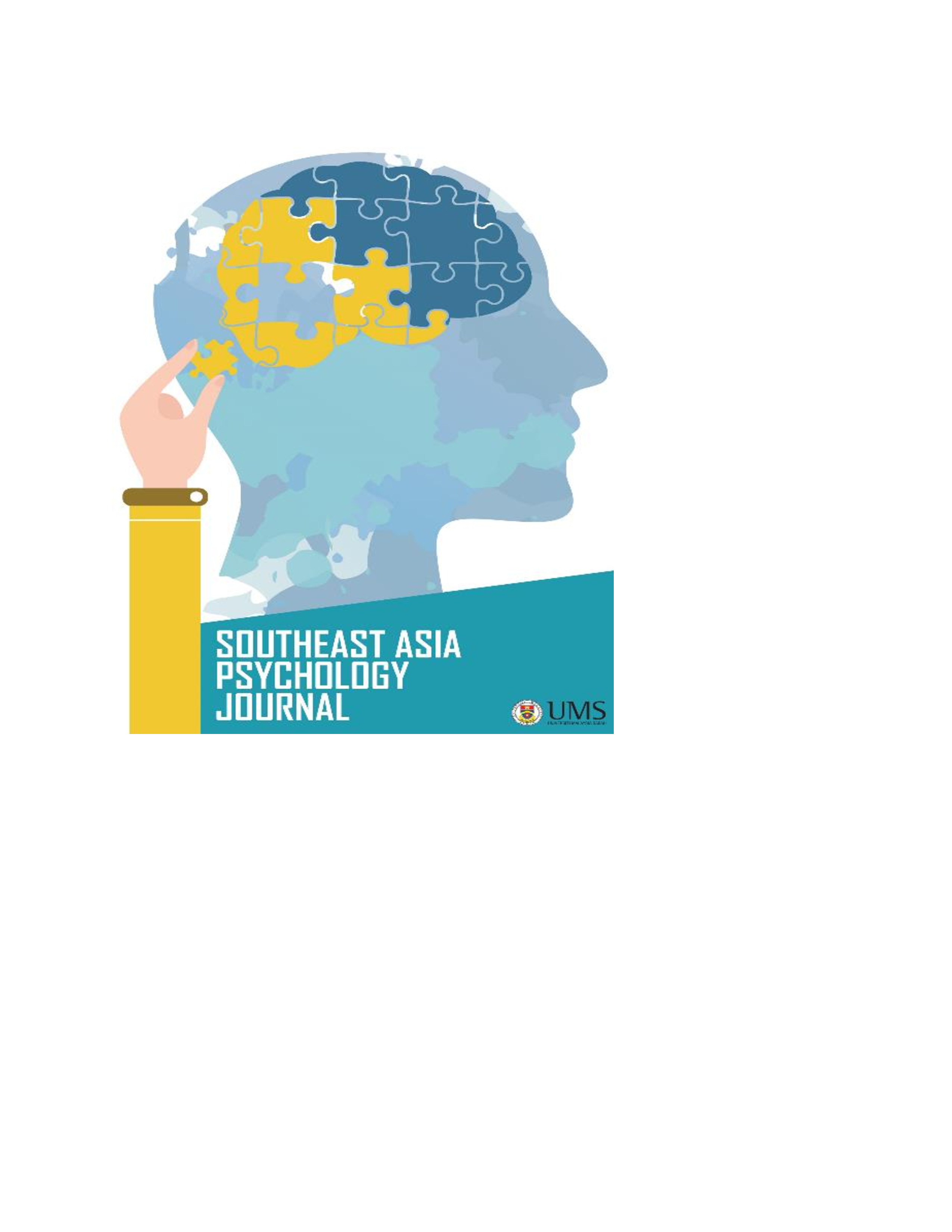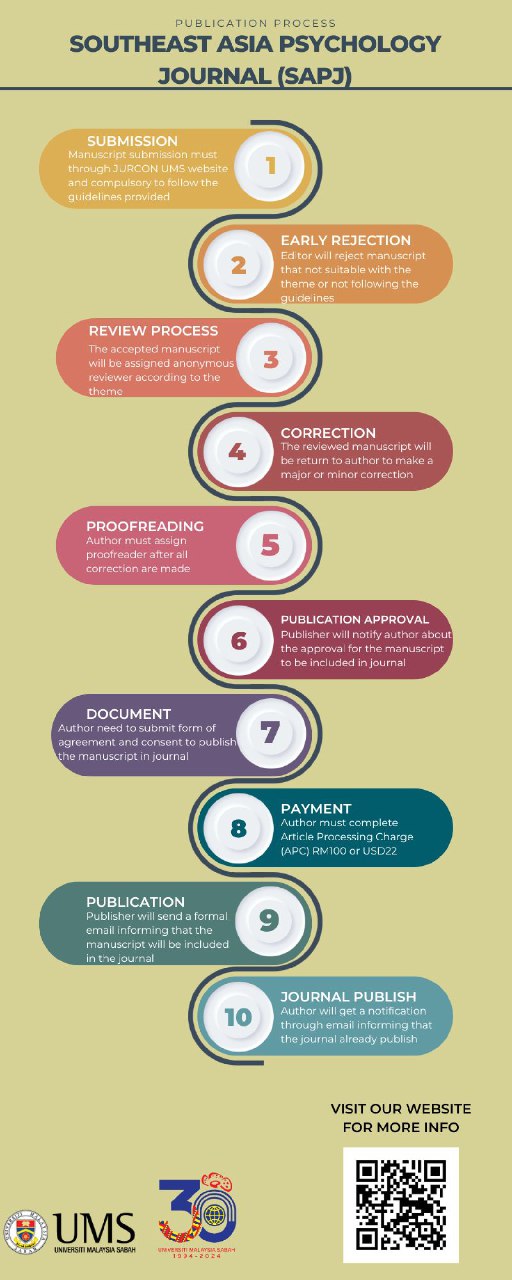THE EXISTENCE OF CYBERBULLYING RESULTS IN PSYCHOLOGICAL CONSEQUENCES AMONG STUDENTS: A REVIEW
DOI:
https://doi.org/10.51200/sapj.v12i1.5327Keywords:
Cyberbullying, Mental Health, Psychological Well-Being, Students, Cyber VictimAbstract
The abstract critically examines the research methodology used in the current literature on cyberbullying, with a specific focus on the period from 2019 to 2023. It includes full-text articles, mixed-methods research designs, and English language studies involving student samples. The primary aim is to summarize psychological findings, identify strengths and limitations in selected studies, and contribute to the advancement of research in this area. The review systematically analyzes methods used in the selected studies and their implications for understanding the psychological impact of cyberbullying. It also discusses the results and findings, explaining how different cyberbullying approaches affect students' mental health. Additionally, the review provides recommendations for future research and emphasizes the
need for a multidisciplinary approach to address the complex nature of cyberbullying and its impact on students.
References
Khairi, A. K., Li, W., Yeo, S. H., Tong, Y. S., Abdul Rahman, M. N. Bin, & Motevalli, S. (2022). The importance of emotional competence in preventing cyberbullying: The role of family as moderator. International Journal of Academic Research in Business and Social Sciences, 12(4).
https://doi.org/10.6007/ijarbss/v12-i4/13062
Lucas-Molina, B., Pérez-Albéniz, A., Solbes-Canales, I., Ortuño-Sierra, J., & Fonseca-Pedrero, E. (2022). Bullying, cyberbullying and mental health: The role of student connectedness as a school protective factor. Psychosocial Intervention, 31(1), 33–41. https://doi.org/10.5093/PI2022A1
Marina, C., Cátia, B., & Margarida, G. de M. (2021). Cyberbullying and bullying: Impact on psychological symptoms and well-being. Child Indicators Research, 14(1), 435–452. https://doi.org/10.1007/s12187-020-09756-2
Meldrum, R. C., Patchin, J. W., Young, J. T. N., & Hinduja, S. (2022). Bullying victimization, negative emotions, and digital self-harm: Testing a theoretical model of indirect effects. Deviant Behavior, 43(3). https://doi.org/10.1080/01639625.2020.1833380
Mohammad, F. A. Q., Hafidha, S. A.-B., Elsayed, M. A. H. H., Salamah Albursan, I., Mustafa, Q. H., Farah, A. B. S., & Al-Khadher, M. A. (2020). Psychological security, psychological loneliness, and age as predictors of cyberbullying among university students. Community Mental Health Journal, 56(3), 393–403. https://doi.org/10.1007/s10597-019-00455-z
Monteagudo, M. C. M., Delgado, B., García, F. J. M., & Esteban, C. R. (2020). Cyberbullying in the university setting. Relationship with emotional problems and adaptation to the university. Frontiers in Psychology, 10. https://doi.org/10.3389/fpsyg.2019.03074
Patchin, J. W., & Hinduja, S. (2022). Cyberbullying among tweens in the United States: Prevalence, impact, and helping behaviors. Journal of Early Adolescence, 42(3). https://doi.org/10.1177/02724316211036740
Peled, Y. (2019). Cyberbullying and its influence on academic, social, and emotional development of undergraduate students. Heliyon, 5(1393), 1–22. https://doi.org/10.1016/j.heliyon.2019 UNICEF. (2020). Averting a lost COVID generation: A six-point plan to respond, recover and reimagine a post-pandemic world for every child. https://www.unicef.org/media/86881/file/Averting-a-lost-covid-generation-world-childrens-day-data-and-advocacy-brief-2020.pdf








